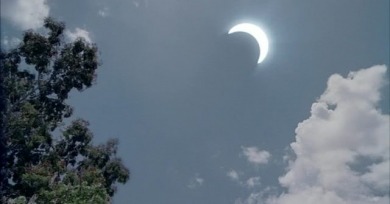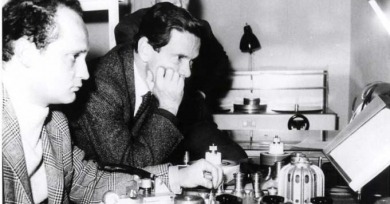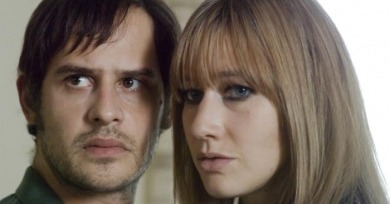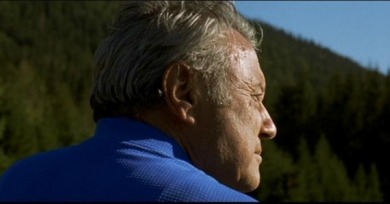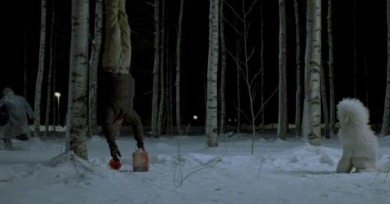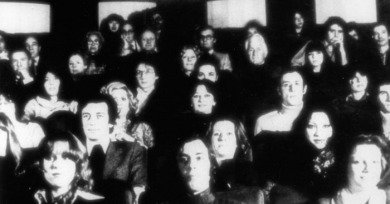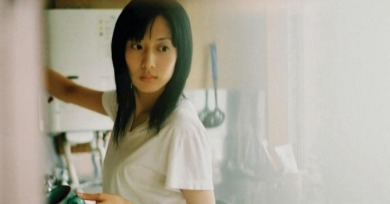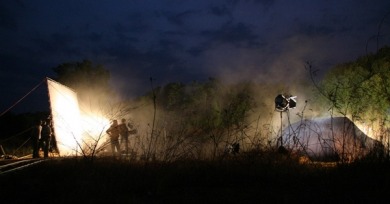Genevieve Yue
Syndromes is like the fever dreams of an illness, or, perhaps more fittingly for Weerasethakul’s films and installations, the flushed cheeks and rampant fantasies of a love sickness.
La Rabbia di Pasolini, Sarah Ann, In Comparison, Trypps #6 (Malobi), Kristallnacht, Loose Ends, Fake Fruit Factory, Sahara Mosaic, O’er the Land
The Baader Meinhof Complex, produced and adapted by Bernd Eichinger (who also wrote Downfall, which chronicles Hitler’s last days) from a book by journalist Stefan Aust, attempts to dramatize the events that led to the group’s abrupt rise and slow but noisy fizzle.
Where, then, do Denis’s images come from? Her cinema, so often praised for its lush, visceral textures, is replete with bodies pictured unnervingly up close in disorienting, disjointed places, and L’Intrus is no exception.
The film dispenses with metaphor in favor of a gritty realism where, far from being exceptional, vampires must struggle along with everyone else in the bleak, near-perpetual darkness of a Swedish winter.
In girum imus nocte et consumimur igni, Valse Triste, False Aging, Scenic View, Hold Me Now, Report, Les Chaises, Winter, Sarabande, After Writing, Obar, Origins of the Species, Ah! Liberty, Film for Invisible Ink, case no. 142 Abbreviation for Dead Winter [diminished by 1,794, RR
Café Lumière can be considered a Tokyo story in a far more literal sense. When Hou first conceived of the film, he traveled to Tokyo with a railroad map, plotting his characters’ routes according to station stops.
"We always repeat things. When we fall in love, it’s always the same. And when we think about something, we always keep thinking. Do you remember the first time you met your boyfriend? It was the same. But then maybe you got different angles."
